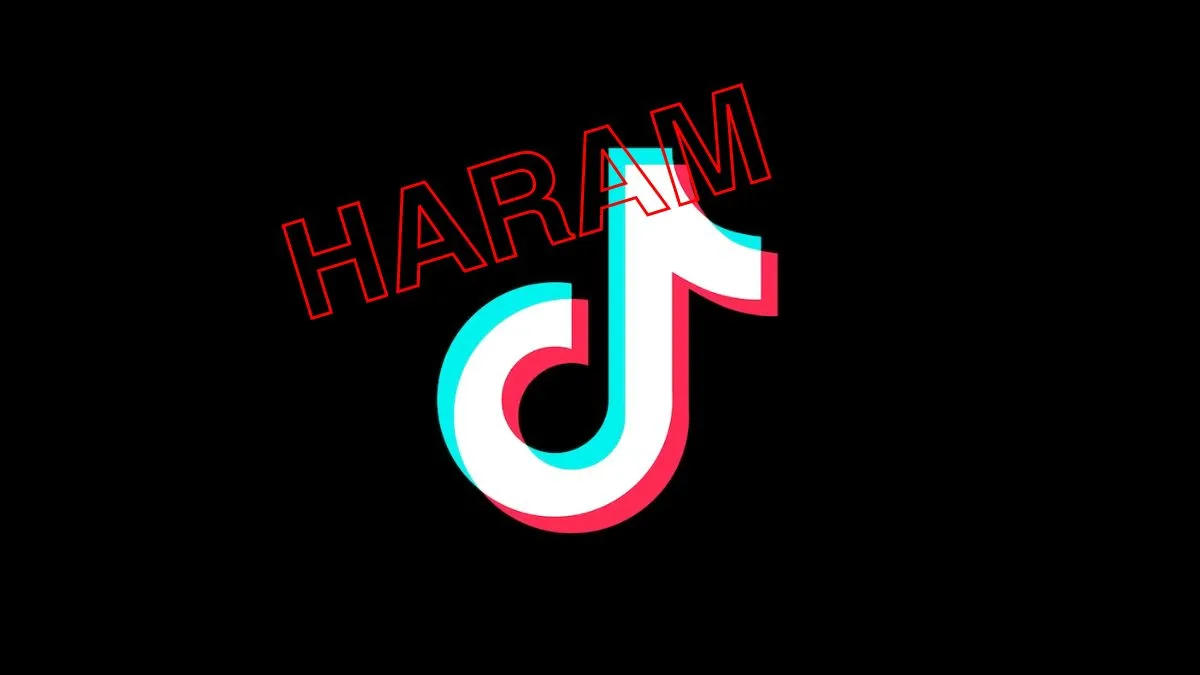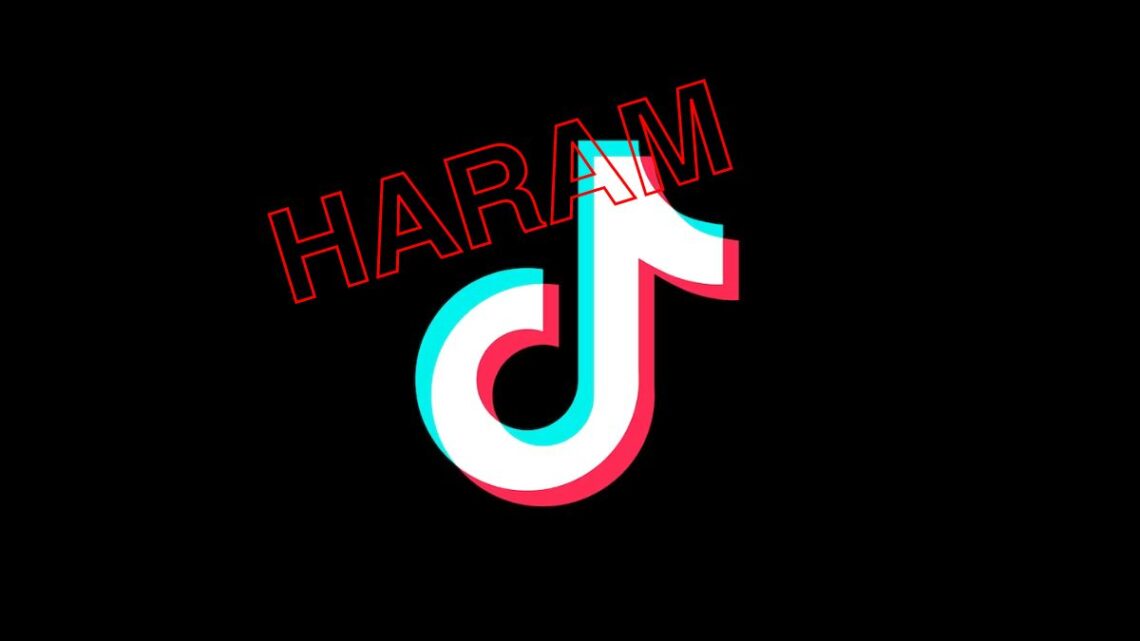A religious decree, or fatwa, has been issued by Uloom-ul-Islamia Banoori Town in Karachi, declaring the popular video-sharing platform TikTok haram and urging a complete ban on its usage in the country. TikTok has always been a controversial app in the country with many content creators being involved in various scandals.

The fatwa contends that TikTok is being exploited for financial gain through the dissemination of inappropriate content. It highlights concerns about the platform being a hub for various illicit activities, including the sharing of prohibited images, videos, and music, as well as the propagation of indecent content and inappropriate humor.
However, the same content is re-uploaded to the likes of Facebook and Instagram as content creators tend to use all social media websites. Does this mean that other social media platforms are also haram and should be banned in the country? The Uloom-ul-Islamia Banoori Town in Karachi did not clarify on the subject.
Notably, the religious decree explicitly states that the use of TikTok is considered haram / forbidden and impermissible from a religious standpoint. It emphasizes that individuals, both young and old, engage in activities to earn money on the platform, some of which may be incompatible with strong moral values.
TikTok, owned by the China-based company ByteDance, holds a prominent position as one of the most widely used video-sharing apps in Pakistan. According to data from the mobile and digital analytics firm Sensor Tower, TikTok recorded over 39 million downloads in Pakistan in 2022 alone.
It is pertinent to mention that YouTube was also declared haram by a Saudi Scholar on Twitter (formerly Twitter) a few months ago. A follower asked Assim Alhakeem, “can you please tell me if YouTube income is haram or halal?” to which he replied, “It is haram,”

















